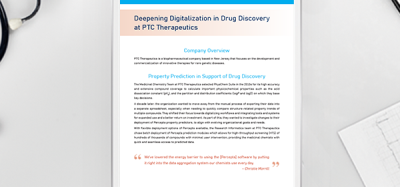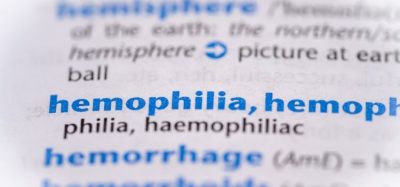One-time gene therapy could improve wet AMD
Posted: 1 April 2024 | Catherine Eckford (European Pharmaceutical Review) | No comments yet
A Phase I/IIa trial suggests that a subretinal gene therapy for wet age-related macular degeneration (wet AMD) could reduce the need for patients to receive anti-VEGF injections.


New clinical data has demonstrated the potential of a one-time gene therapy for vision loss. REGENXBIO’s Phase I/IIa trial investigated the safety and tolerability of a single dose of subretinal ABBV-RGX-314 for wet age-related macular degeneration (wet AMD).
The two-year data showed that ABBV-RGX-314 provided stable or improved visual acuity and retinal thickness in patients. Stable or improved vision and retinal anatomy was observed up to two years. Most of the participants were found to require only a few or no supplemental anti-VEGF injections during this period, REGENXBIO stated.
About the gene therapy ABBV-RGX-314
long-term data has shown that the gene therapy was well-tolerated and facilitated stable or improved vision up to four years”
Developed in collaboration with AbbVie, ABBV-RGX-314 comprises of the NAV® AAV8 vector. REGENXBIO shared that this encodes an antibody fragment designed to inhibit vascular endothelial growth factor (VEGF). By inhibiting the VEGF pathway, ABBV-RGX-314 is thought to help prevent growth of new, leaky blood vessels and accumulation of fluid in the retina.
Additional long-term data has shown that the gene therapy was well-tolerated and facilitated stable or improved vision up to four years.
Importance of the findings
Based on these data, subject to regulatory approval, a one-time dose of the gene therapy could provide a novel therapy option for patients with wet AMD. The disease is currently managed through frequent anti-VEGF injections, which is a burden for these patients, REGENXBIO explained.
A single administration of the gene therapy ABBV-RGX-314 could potentially provide long-lasting treatment outcomes [for wet AMD], according to Dr Jeffrey Heier, Director of the Vitreoretinal Service and Director of Retina Research at Ophthalmic Consultants of Boston and primary investigator for the trial.
“ABBV-RGX-314 [could] become a first-in-class gene therapy for wet AMD and the standard of care to treat and prevent progression of diabetic retinopathy,” stated Kenneth Mills, President and Chief Executive Officer of REGENXBIO.
Regulatory submissions are expected in late 2025 through the first half of 2026, REGENXBIO confirmed.
Related topics
Biopharmaceuticals, Clinical Development, Clinical Trials, Data Analysis, Drug Safety, Gene therapy, Therapeutics









